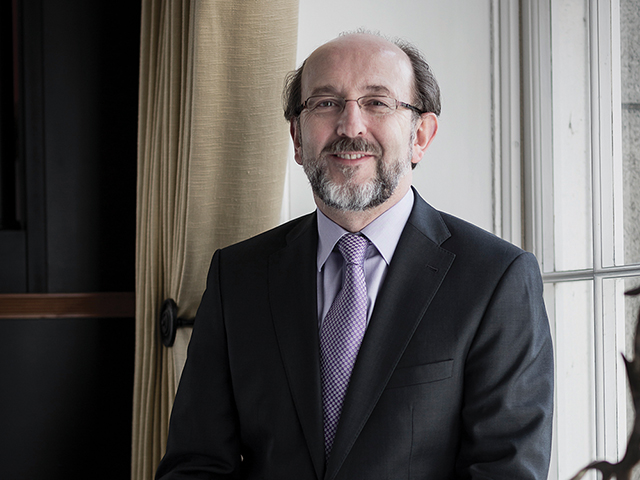
[dropcap]President [/dropcap]of DCU, Brian MacCraith, thinks Minister Bruton’s new funding allocation model avoids the biggest issues of funding third-level institutions.
MacCraith is critical of how this could really benefit the institutions when there is still “gross-underfunding” in the education sector.
“The bottom line is the ability for us to deliver high quality higher education for students. That comes right down with whatever way one looks at it. If one compares worldwide, it comes down to the resources that one can invest per student,” MacCraith said.
Ireland was just below the OECD average for resources invested per student before the economic crash and in 2014 it was well below the average, ranking 17th out of 34.
The Cassells report put forward three options to increase funding for third-level; an income-contingent loans scheme, state-funded education, or the continuation of a student contribution fee with increased state funding.
MacCraith is agnostic in terms of which suggestion is taken up but he thinks that the Government needs to start dealing with the issue.
“I don’t mind which one is applied. What’s the biggest importance is that the government recognises that its a critical issue to fund the higher education system,” he said.
“I’m worried that nothing will happen and that’s the biggest worry. There’s no evidence that they’re going to change anything and the fact that it’s taking so long for the Oireachtas committee on the Cassells report to release their report is a worrying sign.”
While MacCraith is critical of the new allocation model, he does welcome two aspects in particular. He believes that the recognition of students who come from disadvantaged backgrounds and the recognition of flexible delivery courses align with the commitments of the university.
DCU currently have over 1,300 students on their Access programme. Every one of the students on that programme receive a scholarship and mentoring throughout their time at the university.
In the past, these scholarships were largely funded by the university themselves so they welcome the financial support that this new allocation model will bring.
“We absolutely welcome that and it is completely consistent with our commitment to educational opportunity,” he said.
DCU recently launched Massive Online Open Courses (MOOC) for the Irish Language and it has over 7,000 participants. The people on these courses will now be recognised in the same way as on-campus students.
Shauna Bowers



